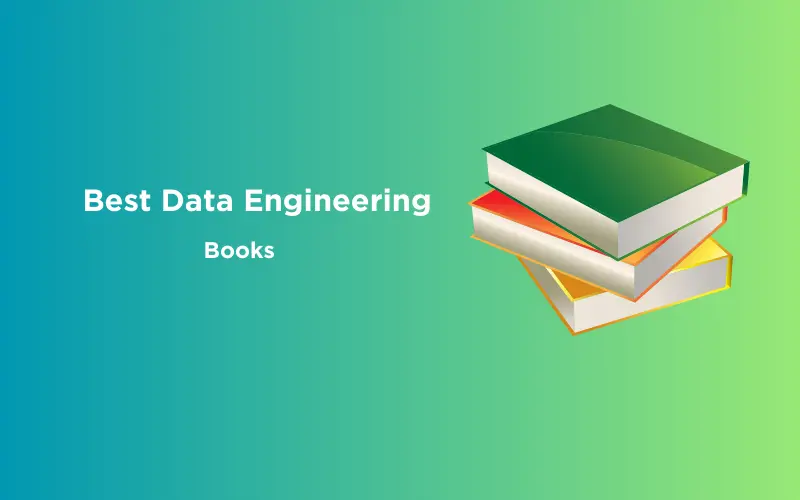
Best Books to Learn Data Engineering
Mar 07, 2025 5 Min Read 2194 Views
(Last Updated)
In today’s world, where we rely on data for so many things, data engineering is incredibly important. It’s like the work behind the scenes that makes sure data is collected, organized, and turned into useful information. To become really good at data engineering, you need to keep learning and improving your skills.
This blog is here to help you on that journey. We’ve put together a list of the best books to learn data engineering. These books are your guides, helping you understand how data engineering works. Some cover the basics, while others dive into more complex concepts like handling big data or working with data as it’s constantly coming in.
Whether you’re just starting or you’re already experienced, these books can make you better at data engineering. So, let’s start this learning adventure together!
Table of contents
- "Designing Data-Intensive Applications" by Martin Kleppmann
- "Data Engineering: A Novel Approach to Data Design" by Brian Shive
- "Big Data: A Revolution That Will Transform How We Live, Work, and Think" by Viktor Mayer-Schönberger and Kenneth Cukier
- "Hadoop: The Definitive Guide" by Tom White
- "Python for Data Analysis" by Wes McKinney
- "Streaming Systems" by Tyler Akidau, Slava Chernyak, and Reuven Lax
- "Data Engineering Cookbook" by Andreas Kretz
- Conclusion
- FAQs
- Why should I invest in books to learn data engineering when there are many online resources available for free?
- Can I rely solely on books to become a proficient data engineer?
- How do I choose the right books for my level of expertise in data engineering?
1. “Designing Data-Intensive Applications” by Martin Kleppmann
“Designing Data-Intensive Applications” by Martin Kleppmann is a comprehensive guide for those looking to enter the world of data systems and data engineering. The book takes readers through the inner workings of data-intensive applications, offering a detailed understanding of the technologies, principles, and challenges in this field.
One of the book’s central focuses is on data systems and data engineering principles. It explores how data is stored, processed, and managed within applications, databases, and distributed systems. Kleppmann gets into the inner workings of these systems, providing valuable insights into how data engineers can design, implement, and maintain robust data infrastructure.
This book is an invaluable resource for aspiring data engineers. It lays a strong foundation by explaining core concepts, technologies, and best practices in data engineering. The book’s clarity and depth make it an essential read for anyone looking to build a career in data engineering.
Before we move to the next part, you should have a deeper knowledge of data engineering concepts. You can consider enrolling yourself in GUVI’s Big Data and Data Analytics Course, which lets you gain practical experience by developing real-world projects and covers technologies including data cleaning, data visualization, Infrastructure as code, database, shell script, orchestration, cloud services, and many more.
Additionally, if you would like to explore Data Engineering and Big Data through a Self-paced course, try GUVI’s Data Engineering and Big Data self-paced course.
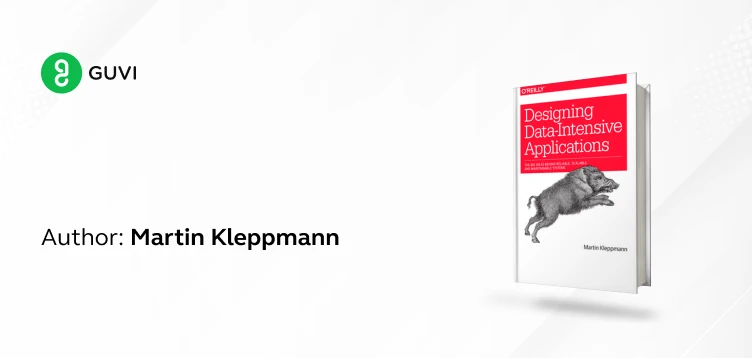
2. “Data Engineering: A Novel Approach to Data Design” by Brian Shive
The book challenges the conventional way of learning complex engineering principles by presenting them in a novel format. One of the central themes is the wish for well-designed conceptual and logical data models. These wishes symbolize the importance of understanding requirements thoroughly and designing flexible systems, resulting in agility and cost-effectiveness. The wish for comprehensive data flow diagrams highlights the value of understanding a business’s value chain, providing clarity and direction.
What truly sets “The Genie in the Lemon Grove” apart is the integration of these principles into the story of the son’s lemonade business venture. As we follow the ups and downs of this venture, we gain a real-world perspective on the challenges many enterprises face as they navigate the complexities of information technology.
The book successfully blends a heartwarming tale with practical insights into data engineering, making it a valuable read for those seeking a fresh approach to learning essential engineering principles. This book invites readers to contemplate how data modeling, value chain analysis, and teamwork can be key to a successful business endeavor.

3. “Big Data: A Revolution That Will Transform How We Live, Work, and Think” by Viktor Mayer-Schönberger and Kenneth Cukier
In “Big Data: A Revolution That Will Transform How We Live, Work, and Think,” authors Viktor Mayer-Schönberger and Kenneth Cukier explore the vast landscape of big data. They get into the exponential growth of data in our digital age and how it’s reshaping our world. The book is a profound dive into the concept of big data, revealing its significance and potential impact on various facets of our lives.
This book sheds light on how big data is not just a technological phenomenon but a transformative force affecting nearly every aspect of our lives. From healthcare and economics to politics and education, the authors illustrate how big data is revolutionizing decision-making and problem-solving across industries.
Their insights reveal how data influences our day-to-day experiences, offering a perspective on the profound shifts brought about by this data-driven era. “Big Data” provides data engineers with a broader perspective, helping them comprehend the broader implications of their work.
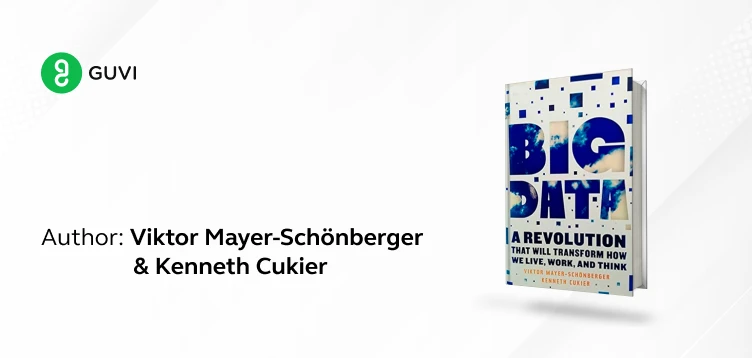
4. “Hadoop: The Definitive Guide” by Tom White
“Hadoop: The Definitive Guide” by Tom White is an indispensable resource for anyone looking to master the world of big data processing using Hadoop. This comprehensive guide takes you through the ins and outs of Hadoop, offering a thorough understanding of this fundamental tool in data engineering.
The book extensively covers Hadoop, diving deep into its core components, architecture, and ecosystem. Readers will gain a comprehensive grasp of Hadoop’s capabilities, enabling them to harness the power of big data processing, storage, and analysis. Tom White’s detailed explanations make complex Hadoop concepts accessible, making this book an essential reference for data engineers.
The book equips readers with the knowledge and skills needed to become proficient in Hadoop and big data processing.
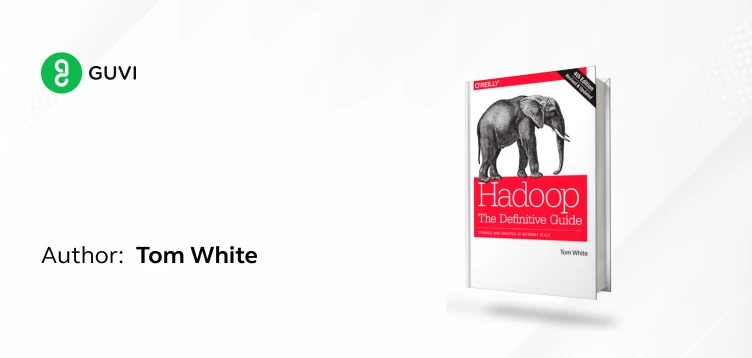
5. “Python for Data Analysis” by Wes McKinney
“Python for Data Analysis” by Wes McKinney is a book at the heart of data engineering. Effective data manipulation and analysis are essential in the data-driven world, and this book provides the tools and techniques to excel in these areas. It bridges the gap between data engineering and data analysis, offering valuable skills to professionals working with data. Python is widely used in data engineering and analysis due to its versatility and simplicity.
Wes McKinney’s book leverages Python as a powerful tool for data engineers to handle, clean, and process data efficiently. It focuses on Python libraries and tools commonly used in data engineering, making it a practical choice for those seeking to excel in this field.
This book equips data engineers with the knowledge and skills needed to handle and manipulate data effectively. It covers data wrangling, cleaning, and preparation, empowering professionals to work with data efficiently. This book serves as a valuable resource for those looking to enhance their data engineering toolkit with Python.
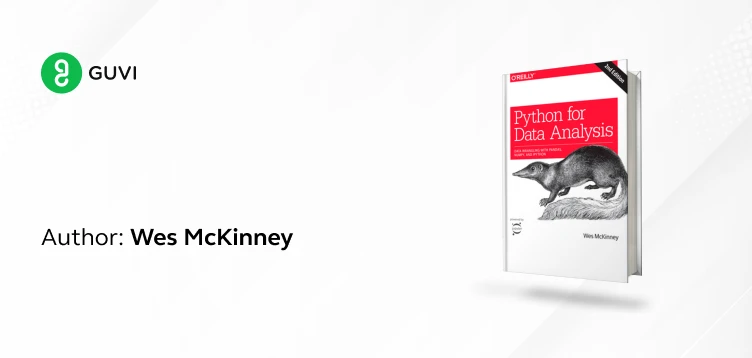
6. “Streaming Systems” by Tyler Akidau, Slava Chernyak, and Reuven Lax
“Streaming Systems” by Tyler Akidau, Slava Chernyak, and Reuven Lax is a book that immerses readers in the world of streaming data processing. This comprehensive guide focuses on the principles, technologies, and best practices of working with data in motion, where real-time analytics and rapid data processing are paramount. In today’s data-driven landscape, real-time data processing is essential. This book underscores the significance of stream processing in modern data engineering. It gets into how streaming systems enable data engineers to extract actionable insights from data as it flows in, providing a competitive edge for organizations.
“Streaming Systems” is invaluable for data engineers looking to understand stream processing concepts.
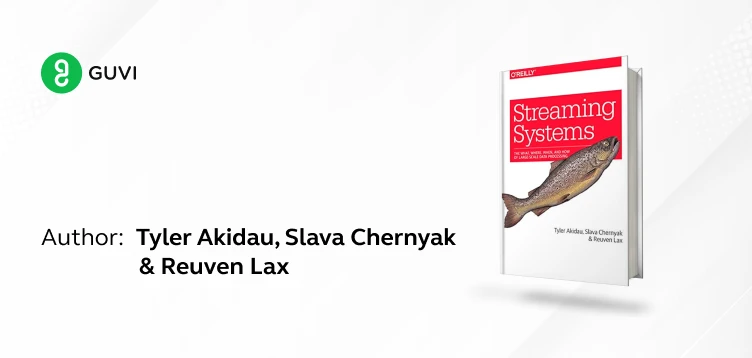
7. “Data Engineering Cookbook” by Andreas Kretz
Many aspiring data engineers often wonder what it takes to become truly outstanding in their field. If you’re one of them, then “The Data Engineer’s Cookbook” might just be the treasure map you’ve been seeking. Author Andreas Kretz makes it clear right from the start – this book is not about AI algorithms or data scientist wizardry. Instead, it’s a roadmap for those who aspire to become stellar data engineers.
The heart of “The Data Engineer’s Cookbook” is Kretz’s Data Science Platform Blueprint, which serves as the foundation for the book’s content. Once you understand this blueprint, you’ll find a collection of tools meticulously organized into key areas of a Data Science platform: Connect, Buffer, Processing Framework, Store, and Visualize.
What’s inside? The book presents a blend of content types, from insightful articles written by the author to links directing you to his podcast episodes, over 200 handpicked website references, data engineering interview questions, and real-world case studies. It’s a diverse array that ensures there’s something for everyone. One thing to bear in mind is that this book is a work in progress. Kretz continues to add new content and videos to keep it relevant and up-to-date. He acknowledges that this endeavor is his passion project and his time is limited, but he invites readers to contribute, providing their own insights and suggestions to make this cookbook even better.
“The Data Engineer’s Cookbook” is a valuable resource for anyone serious about carving a path as a data engineer. It’s not a traditional textbook but rather a dynamic collection of resources and guidance for those who want to specialize in data engineering. To become an awesome data engineer, you don’t need a book that teaches you everything; you need a guide that points you in the right direction, and this cookbook does just that.
This book is a must-read if you want to become a proficient data engineer. If you have some cool links or topics for the cookbook, please become a contributor on GitHub: https://github.com/andkret/Cookbook.
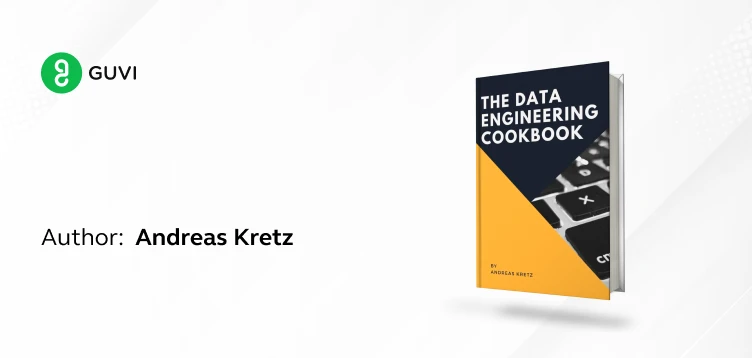
Kickstart your career by enrolling in GUVI’s Big Data and Data Analytics Course where you will master technologies like data cleaning, data visualization, Infrastructure as code, database, shell script, orchestration, and cloud services, and build interesting real-life cloud computing projects.
Alternatively, if you want to explore Data Engineering and Big Data through a Self-paced course, try GUVI’s Data Engineering and Big Data Self-Paced course.
Conclusion
Learning data engineering is like discovering a hidden treasure in a world filled with information. It’s what makes all the amazing things with data possible. As we finish exploring these great books about data engineering, let’s remember why it all matters.
Learning data engineering isn’t just about a job; it’s about gaining the superpower to use data in incredible ways. These books are like guides on your journey. They hold the secrets to creating strong data systems and making data work for you. These books are more than just pages; they’re your teachers, showing you how to design, build, and manage data systems. No matter if you’re new to this or already know a lot, these books will help you get better.
So, take this journey into the world of data engineering. It’s a world full of possibilities, and these books are your tickets to becoming an amazing data engineer. Let them lead you on your adventure, inspire you, and guide you through the exciting world of data engineering. Your journey starts here.
FAQs
Books provide a structured and comprehensive approach to learning data engineering. They often offer in-depth explanations, examples, and exercises that help build a strong foundation. While online resources are valuable, books are carefully curated and can be an excellent reference throughout your learning journey.
While books are a valuable resource, they are typically part of a broader learning strategy. Practical experience, online courses, and hands-on projects are also essential. Books provide theoretical knowledge, but applying that knowledge in real-world scenarios is equally important for becoming a proficient data engineer.
The right books depend on your current knowledge and your learning goals. For beginners, start with books that cover the fundamentals. Intermediate learners can focus on more specialized topics, and experienced data engineers may benefit from advanced books. Reading reviews, checking book descriptions, and seeking expert recommendations can help you choose the most suitable books for your level.














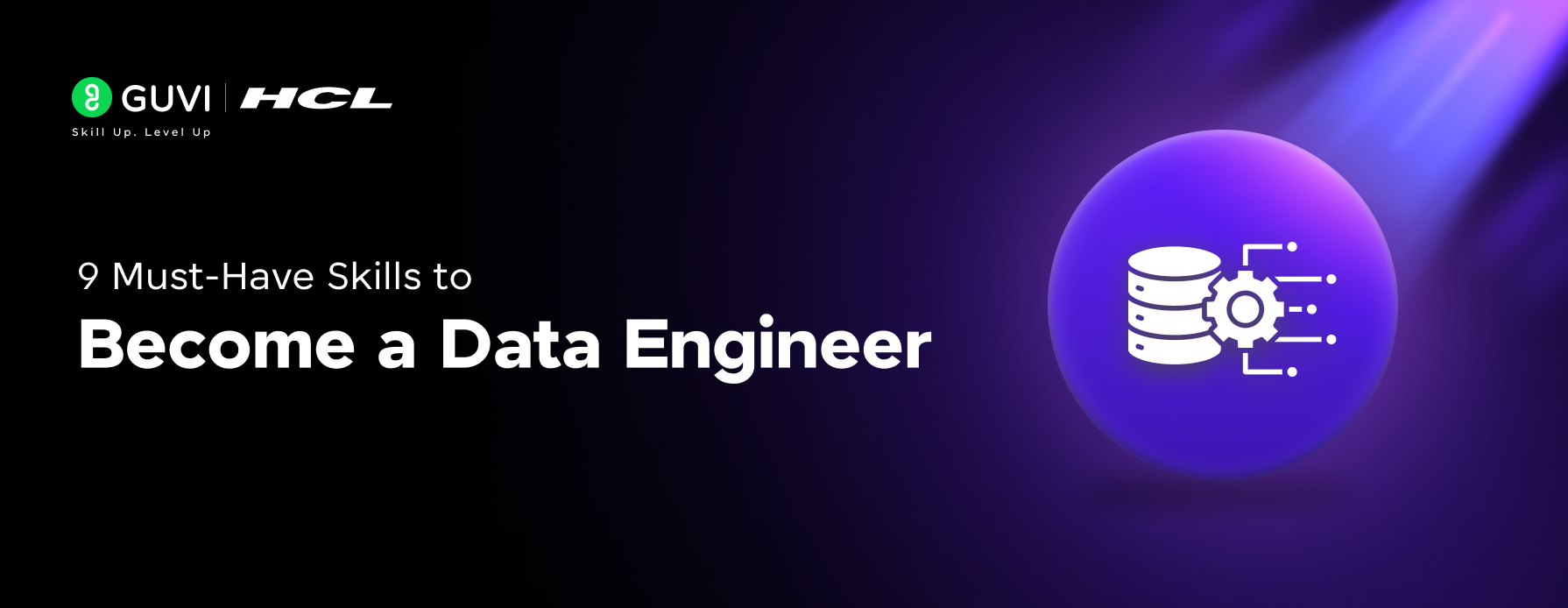
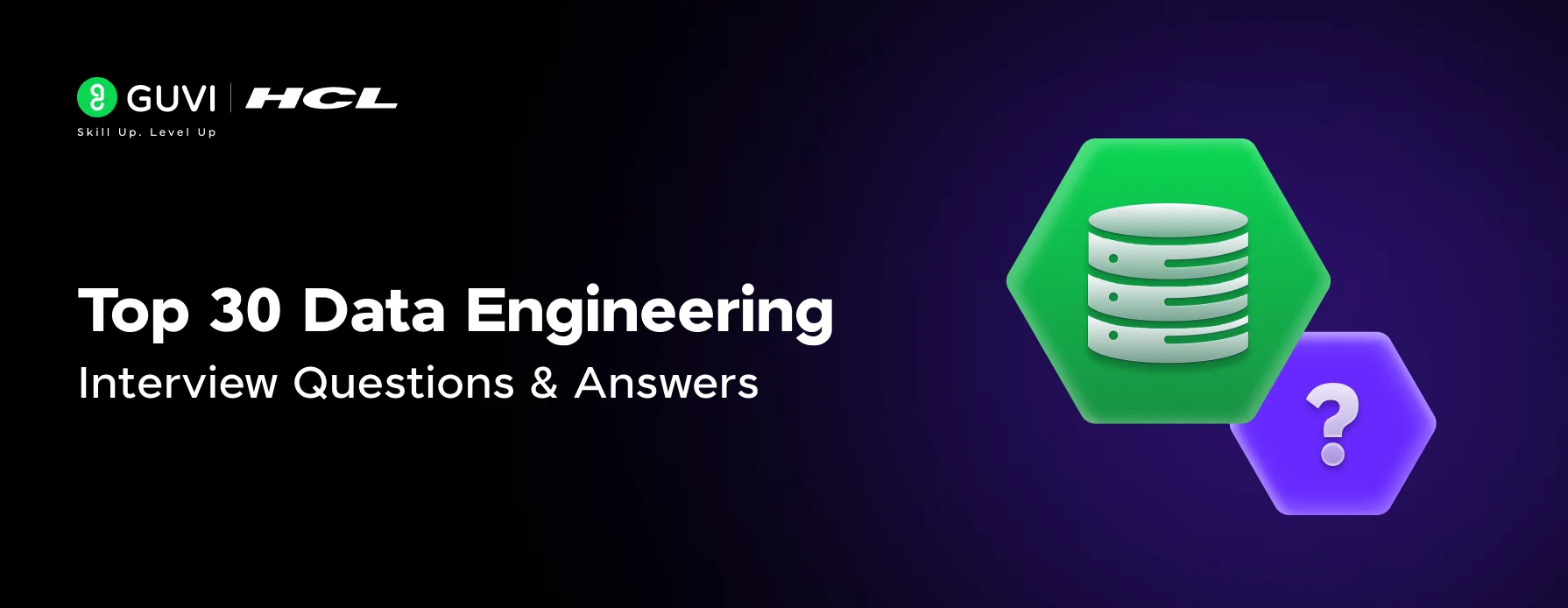
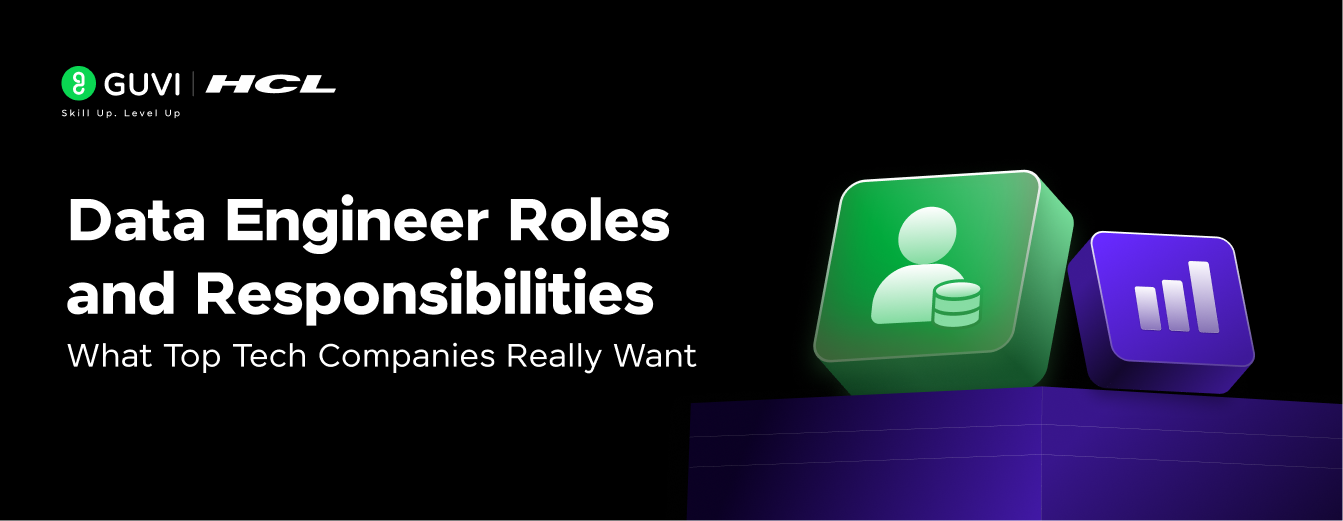
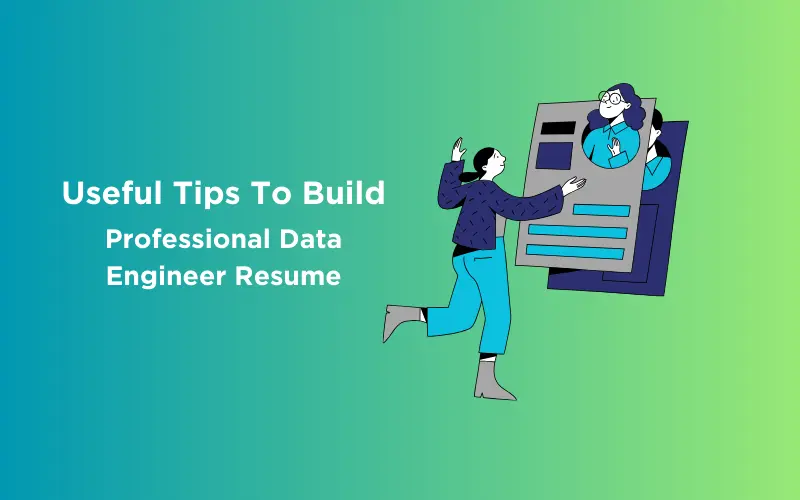

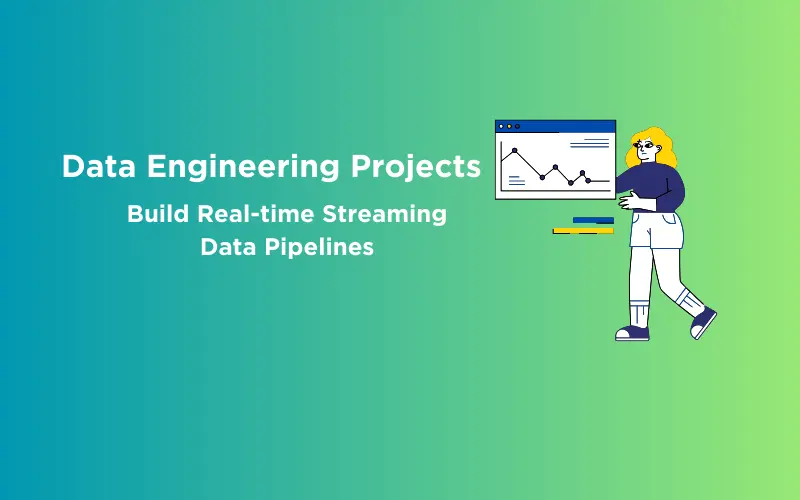
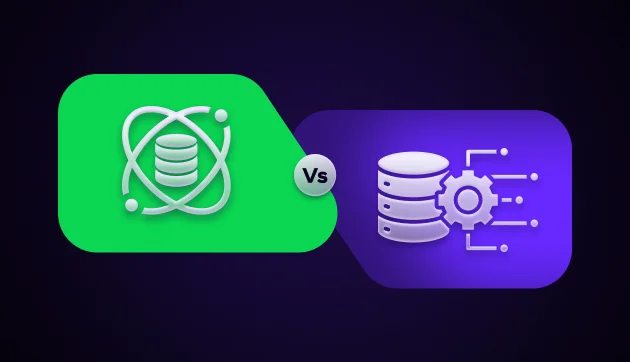
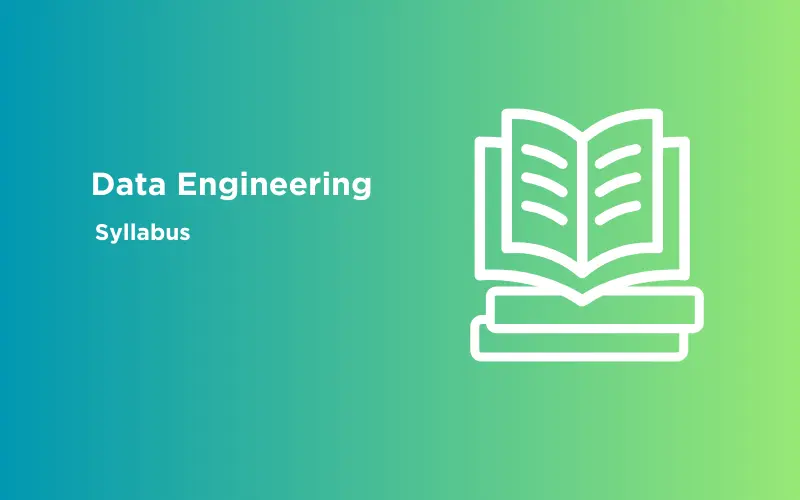
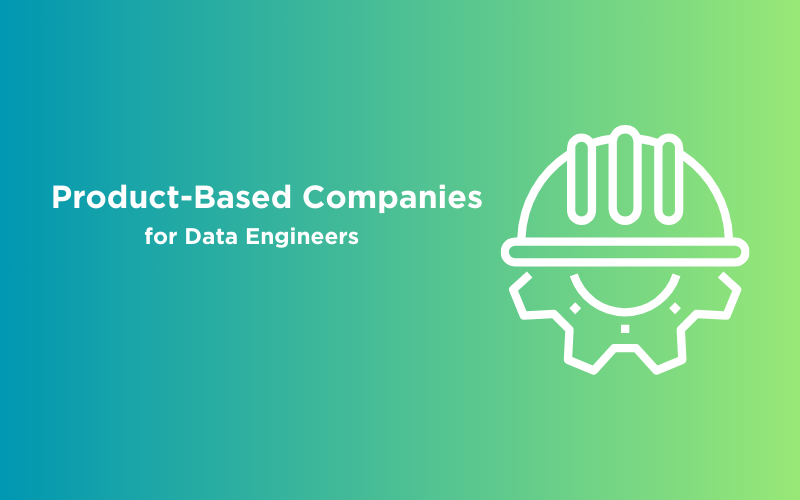

Did you enjoy this article?